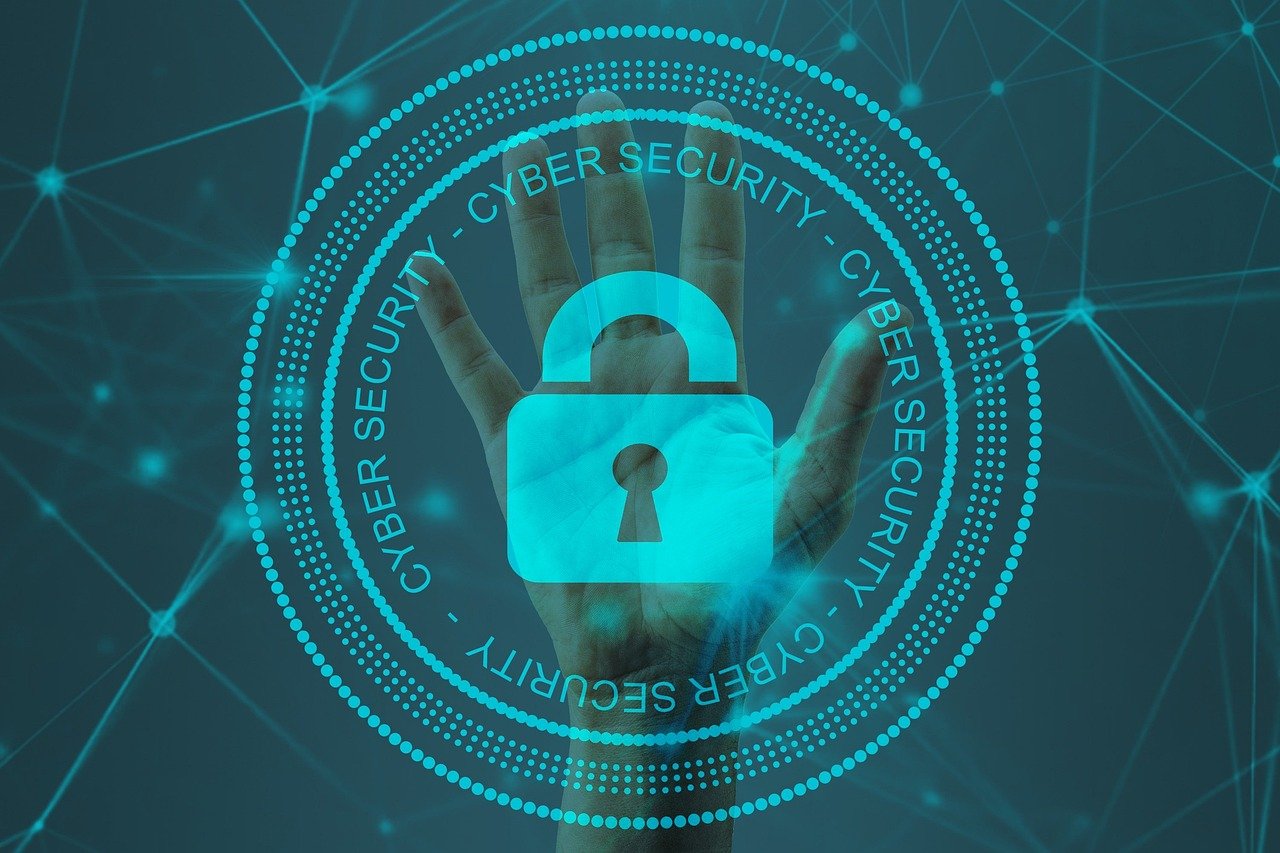Exposed Online? Check If You’ve Been Hacked Now!
In today’s always-connected world, digital exposure is almost inevitable. From email logins to social media, banking apps to cloud drives — we rely on the internet for everything. But what if someone’s already inside your digital world? It’s time to check if you’ve been hacked — before it’s too late.
This blog will walk you through the top signs of being hacked, what to do if it happens, and how to protect yourself from future threats.
🚨 Why You Must Check If You’ve Been Hacked

Worried your online data isn’t safe? Here’s how to check if you’ve been hacked — and what to do next. 🔐💻 #StaySafe
Cybercrime is growing rapidly, and hackers areWorried your online data isn’t safe? Here’s how to check if you’ve been hacked — and what to do next. 🔐💻 #StaySafe getting smarter. From identity theft to financial fraud, your online data is gold to cybercriminals. You might feel safe, but if you don’t check if you’ve been hacked, you’re simply leaving the doors wide open.
🔍 Warning Signs You Might Be Hacked
Here are common red flags that scream “You’ve been hacked!”
1. Unknown Logins or Device Alerts
Getting login notifications from places you’ve never been? A huge sign your account may be compromised.
2. Strange Activity on Social Media or Email
If your friends get spam messages from you or you see posts you didn’t make — check if you’ve been hacked immediately.
3. Passwords Stop Working
If you’re suddenly locked out of accounts, and your recovery options have changed — someone may be in control now.
4. Bank or UPI Charges You Didn’t Authorize
Unexpected withdrawals or transactions are major red flags. Your financial data might be in the wrong hands.
5. Sluggish Devices or Popups
Popups, crashing apps, or overheating can mean malware is silently running — time to check if you’ve been hacked.
🛠️ Steps to Take If You Suspect a Hack
Think your digital life is exposed? Don’t panic. Take these quick actions:
1. Change All Your Passwords
Use complex, unique passwords for every account. Use a trusted password manager if needed.
2. Enable Two-Factor Authentication (2FA)
Add an extra layer of security to your accounts. Even if a hacker has your password, they won’t get in easily.
3. Scan for Malware or Spyware
Use tools like Malwarebytes, Windows Defender, or Avast to clean up infected devices.
4. Review Account Access
Check where your accounts are logged in from. Revoke access from unknown devices and change recovery info.
5. Alert Your Contacts
Let your friends, coworkers, or clients know in case they got phishing messages sent from your account.
🔐 Tools to Help You Check If You’ve Been Hacked
- 🔎 HaveIBeenPwned.com: Enter your email or number to see if your data was in a breach.
- 🔐 Google Security Checkup: See login activity, devices, and third-party app access.
- 📱 Apple and Microsoft Account Checkups: Look for unfamiliar logins and sessions.
Using these tools regularly helps you check if you’ve been hacked and stay protected.
🛡️ How to Stay Protected Going Forward
Being proactive is the best cybersecurity defense. Here’s how:
- Update your software and apps regularly
- Use VPNs on public Wi-Fi
- Avoid clicking suspicious links or downloading unknown attachments
- Monitor your online accounts weekly
- Use antivirus software and keep it updated
- Backup your data to secure cloud or external drives
💬 Final Words
If you’ve ever thought, “Am I exposed online?” — the answer might be yes. But the real power lies in awareness. It’s not enough to react — you need to check if you’ve been hacked, act fast, and build a wall around your digital identity.
Because in today’s world, cybersecurity isn’t optional — it’s survival. 🛡️💻
Disclaimer: This blog is intended for informational and educational purposes only. The views expressed are personal opinions or general insights, not professional or legal advice. Readers should do their own research or consult relevant professionals before taking action based on this content.
#CheckIfYouveBeenHacked #CybersecurityTips #OnlineSafety #AccountHacked #DigitalSecurity #MalwareWarning #DataBreach #carrerbook#Anslation#SecureYourAccount #2FA #CyberAware #HackAlert #PrivacyMatters #DigitalLifeSafety #TechGuide #Infosec2025


Leave a Reply